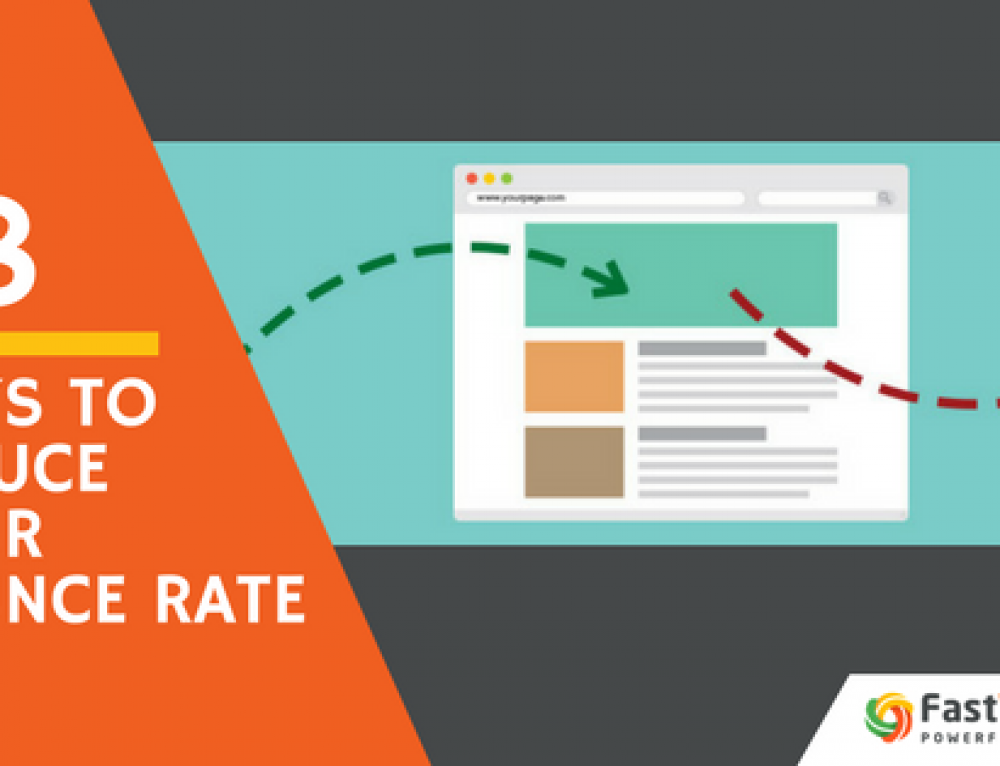If you have been reading the news recently, a frightful concept of Internet Sales Tax has shown up in all media outlets. Yes, the concept of a universal online taxation is very real but still remains to be ever implemented. Here are some basic facts on this new taxation idea for the internet.
What is Internet Sales Tax?
Internet sales tax is a tax that applies to all merchandises purchased online within the boundaries of the state the purchases are made by internet consumers. Internet sales tax is not considered a tax. Consumers are legally to be paying an internet sales tax, but many retailers are not enforcing the collection of out of state collect of sales tax, due to the many complications.
What are the Reasons for its Existence, and why was it Proposed?
One of the largest retail companies in the world is Amazon, and they are collecting taxes on online purchases by consumers in nine states. Big backers for the tax bill to become law feel that some online shoppers would forego their online shopping and opt for traditional shopping. Other online shoppers do not feel that a tax would affect their shopping. Some companies are required to apply a sales tax on purchases while others are not, and feel this practice is unfair. Sales tax supporters say, with the rise of technology this process is simple with new software, to collect sales tax for purchases online in all states. There has always been sales tax on virtual and physical stores, but sales tax on online purchases were never enforced. There is a law that few consumers are aware of; consumers must keep track of online purchases, tally the sales tax at the end of the year, and declare this on their tax returns.
Who Gets Affected?
If this tax bill passes, it will affect everyone. Those affected are the tax shoppers, the online retailers. Small businesses that have a physical presence making less than $1 million a year will not have to impose an online sales tax. Online retail companies do not want this imposed sales tax applied to online purchases passed into law because each state has varying degrees of taxes. Companies feel it would hurt their profits. Retailers feel this would be a nightmare to calculate at checkout. Many people feel this law will only another tax increase. Alaska, Delaware, Oregon, Montana and New Hampshire are the five states who do not impose a sales tax. However, when these states send online purchases to states that impose the online tax these five states they must add tax to the purchases. Purchases made within these states and shipped within these states will impose no sales tax. Consumers are expected to declare these taxes on their tax return for that year.
Who is Supporting Online Taxing of Sales?
Those who support the passing of a law to impose online sales tax are Stephen Schatz, the National Retail Federation spokesperson, Amazon, Target, all businesses in the physical realm and President Obama.
Who is Against Online Taxing of Sales?
Those against online sales taxes are EBAY’s CEO John Donahoe, Americans for Tax Reform, Conservatives, and Anti-Tax activists.
Companies or Organizations that would benefit from Online Taxing?
This proposed new law would greatly benefit retail companies and states that provide online purchases where a sales tax is recognized. This law would exempt all online businesses and physical businesses whose profits are less than $1 million a year. Imposing this online sales tax would benefit non-profit and educational organizations, religious organizations, and members of the military. States have basically the same exemptions with some variance.
As you can see, the Internet Sales tax is a complex idea which may change our entire online thought process We have to wait and watch on how this game is played by the leading players and how lawmakers in Washington react to public response and fear.

 Phone: 1(877) 215.8104
Phone: 1(877) 215.8104 Login
Login



Leave a Reply